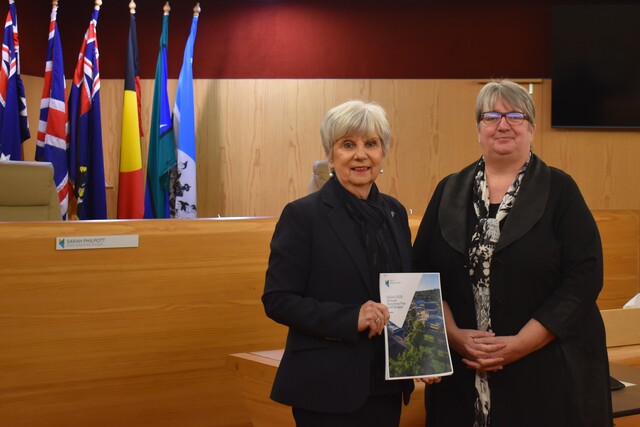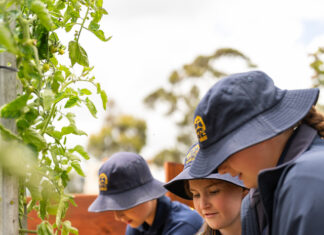Rates up almost $220

Digital Edition
Subscribe
Get an all ACCESS PASS to the News and your Digital Edition with an online subscription
Growing Skills from Garden to Table
ADVERTORIAL
Our Stephanie Alexander Kitchen Garden Program at Sunrise Christian School, Naracoorte, is designed to provide a hands-on, real-world learning focus.
The program connects the garden...







